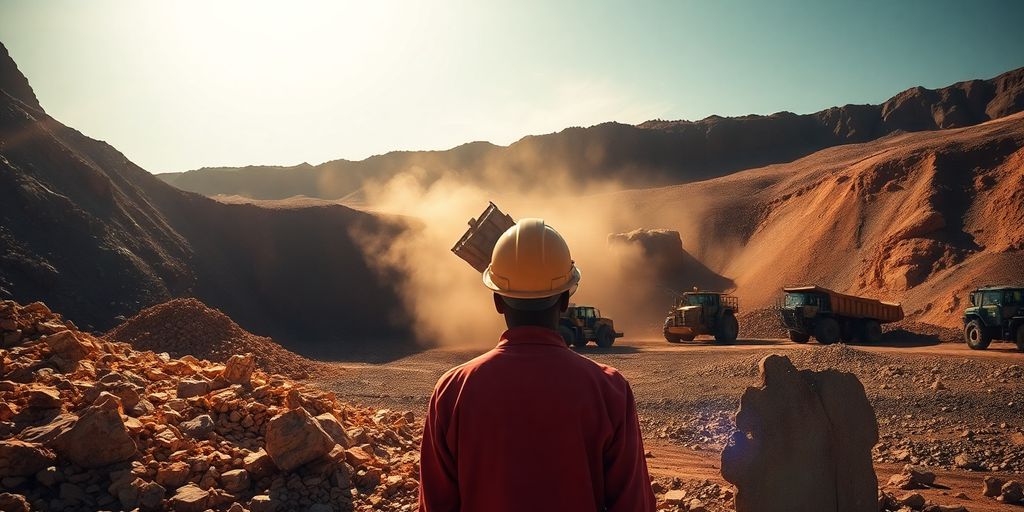In a recent high-profile discussion, billionaires Sam Altman, CEO of OpenAI, and Masayoshi Son, CEO of SoftBank, explored the implications of job automation driven by artificial intelligence. Their conversation, held in Tokyo, highlighted the potential for AI to transform traditional workflows, raising questions about the future of employment in an increasingly automated world.
Key Takeaways
- Investment in AI: SoftBank plans to invest $3 billion annually in OpenAI products.
- Automation Goals: The collaboration aims to develop a platform called "Cristal Intelligence" to automate millions of white-collar jobs.
- Concerns for Workers: The discussion sparked concerns about the potential for widespread unemployment as AI takes over tasks traditionally performed by humans.
The Rise of AI Automation
The conversation between Altman and Son comes at a time when AI technology is rapidly advancing. With companies like OpenAI leading the charge, the potential for AI to automate various job functions is becoming a reality. Son's commitment to investing heavily in AI products underscores the belief that automation can create new efficiencies and value in business operations.
Implications for the Workforce
While the potential benefits of AI automation are clear, the implications for the workforce are more complex. As companies look to streamline operations and reduce costs, the risk of significant job displacement looms large. Many workers may find themselves facing unemployment as AI systems take over tasks that were once performed by humans.
The Economic Perspective
From an economic standpoint, the automation of jobs could lead to increased productivity and profitability for businesses. However, this shift raises critical questions about the distribution of wealth and the future of work. As billionaires discuss the potential for AI to generate wealth, the voices of those who may be displaced by these technologies are often overlooked.
A Call for Responsibility
The discussion between Altman and Son serves as a reminder of the need for responsible AI development. As leaders in the tech industry, they have a responsibility to consider the broader societal impacts of their innovations. Engaging with stakeholders, including workers and policymakers, is essential to ensure that the benefits of AI are shared equitably.
Conclusion
The dialogue surrounding AI and job automation is just beginning. As billionaires like Altman and Son lead the charge in developing these technologies, it is crucial to address the potential consequences for the workforce. Balancing innovation with social responsibility will be key to navigating the future of work in an AI-driven world.
Sources


















































%20(3).jpg)




















































